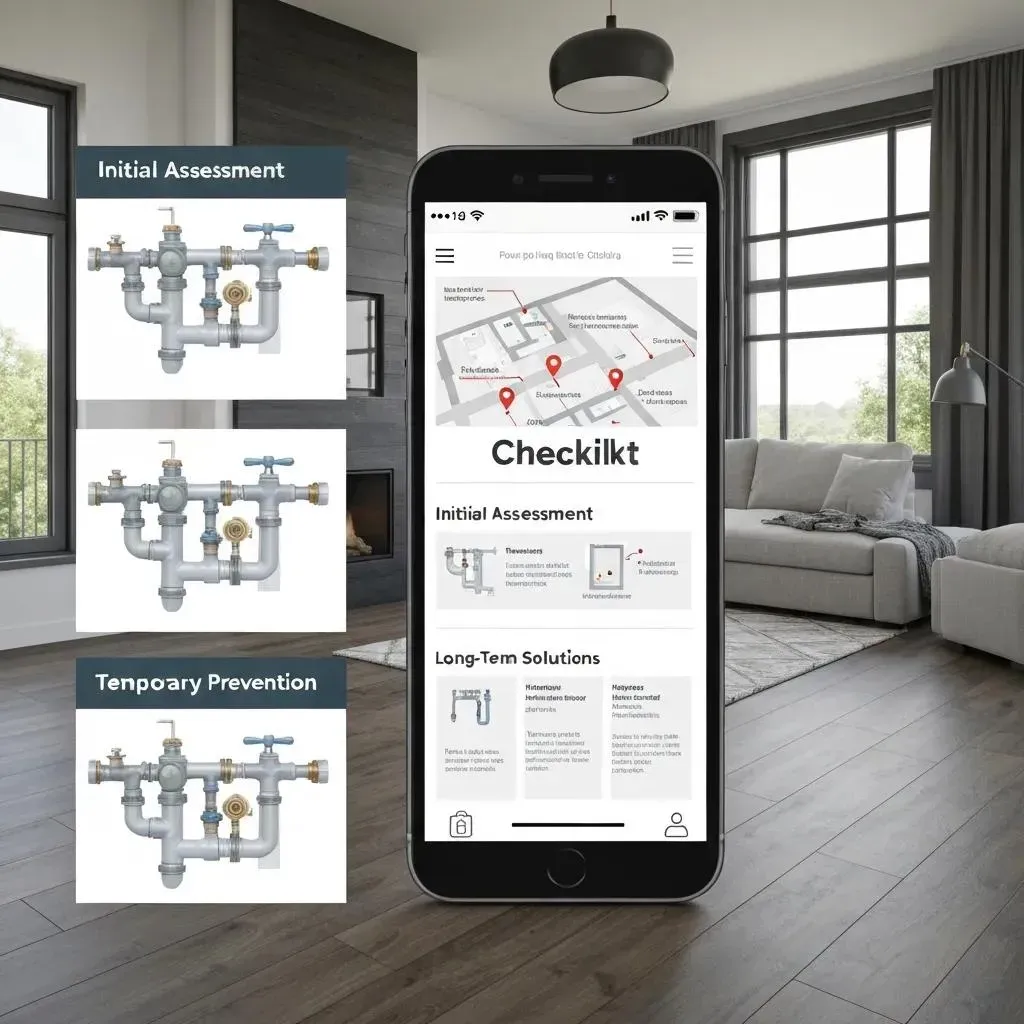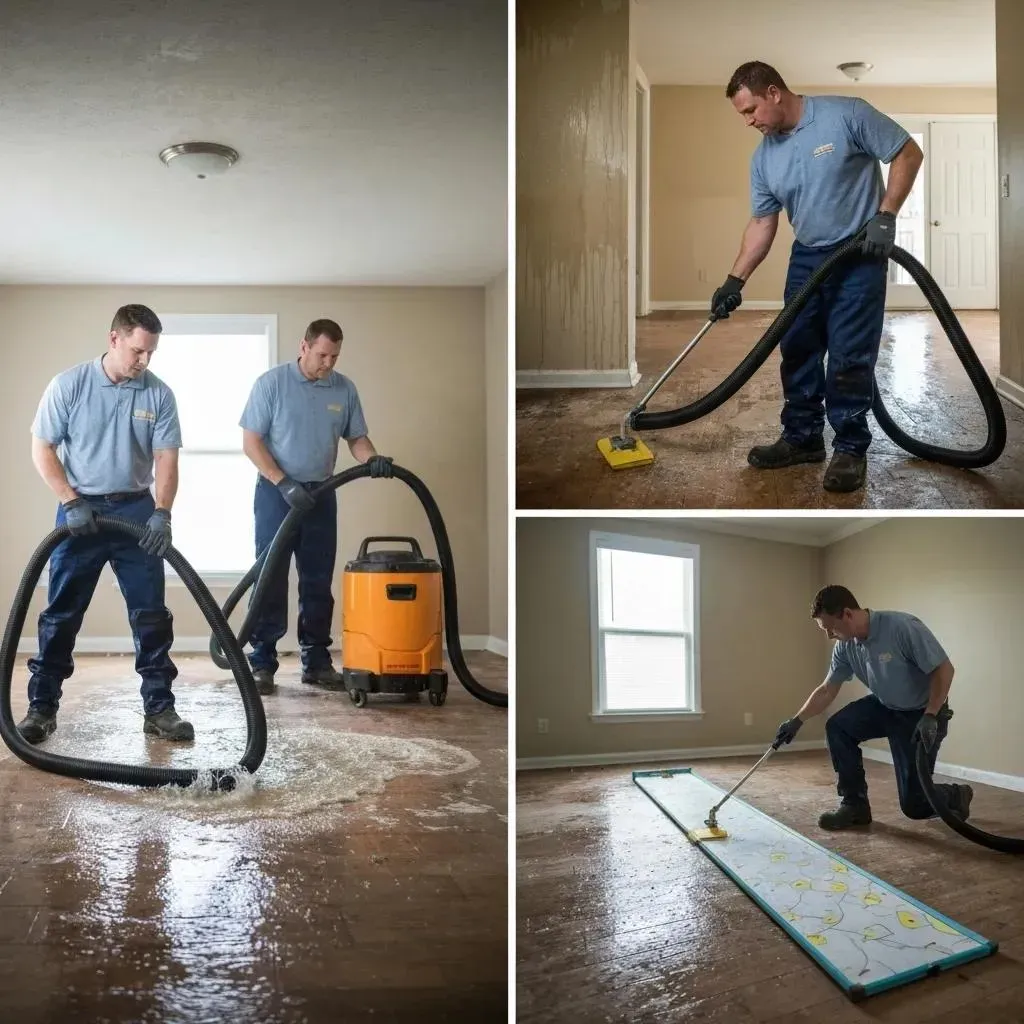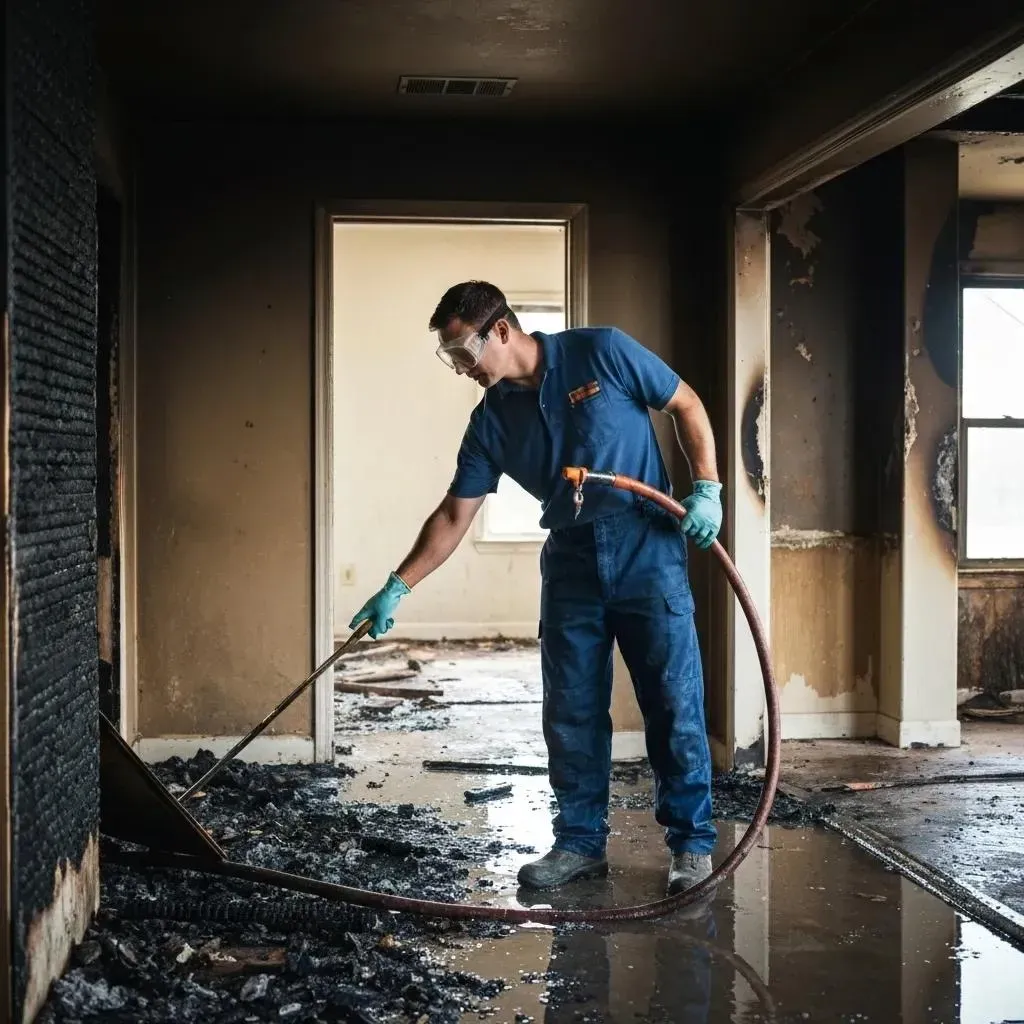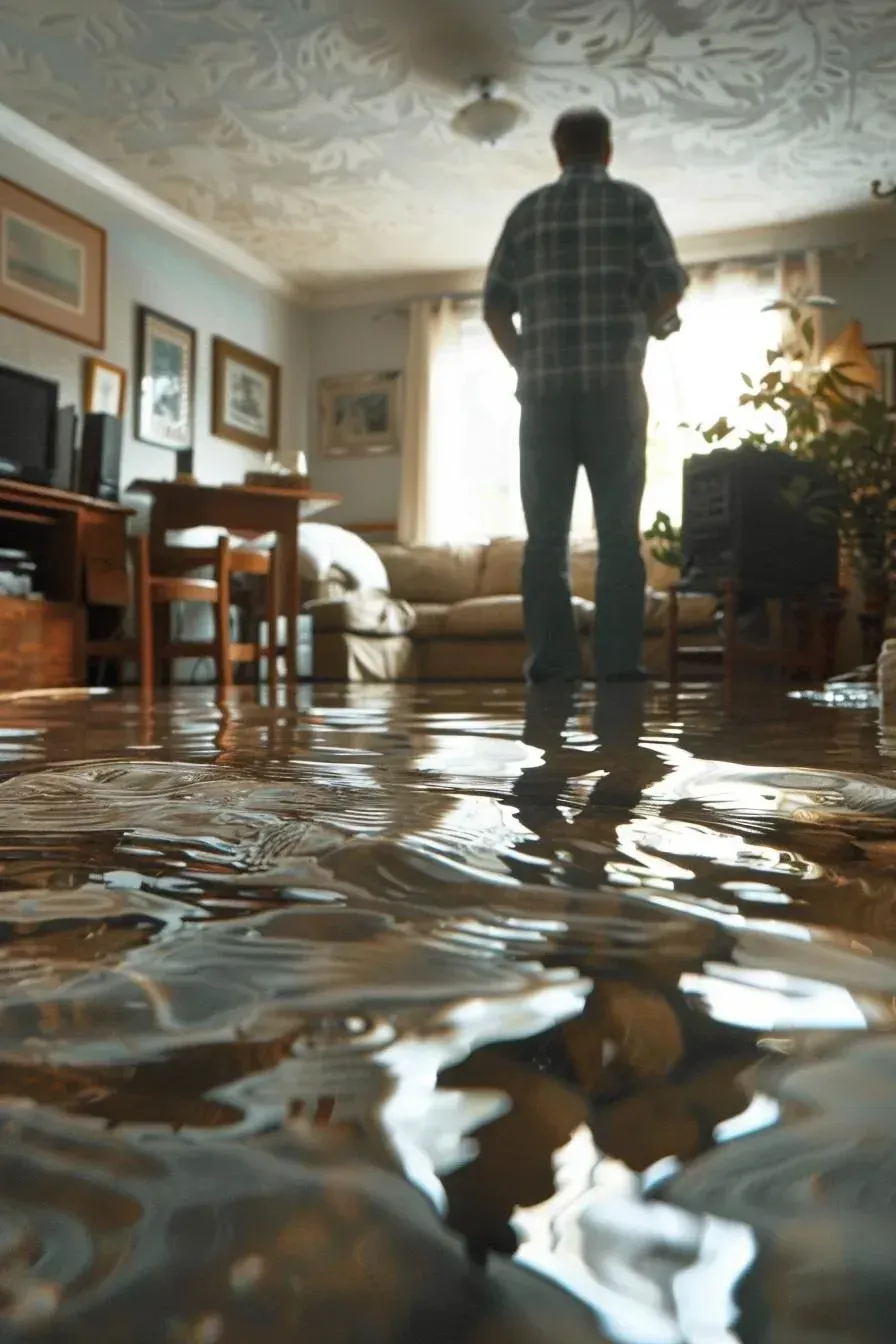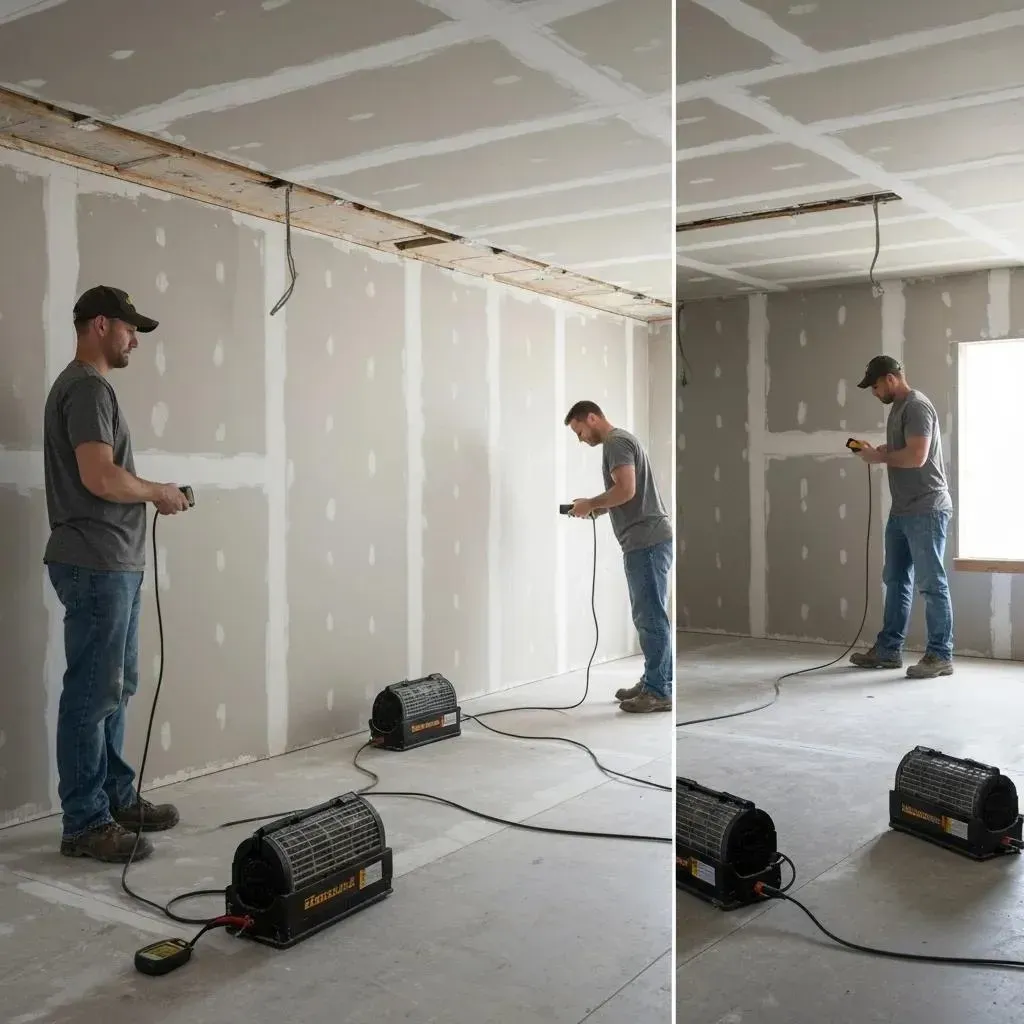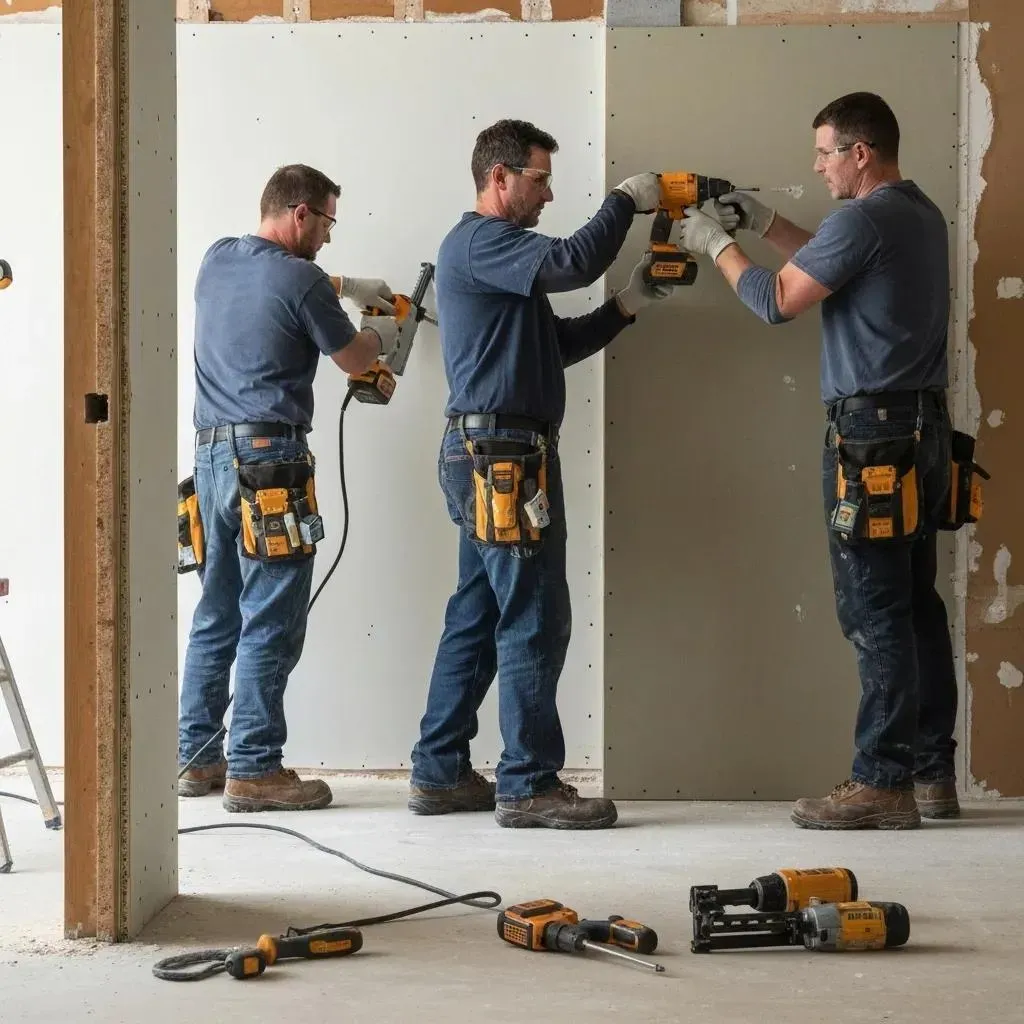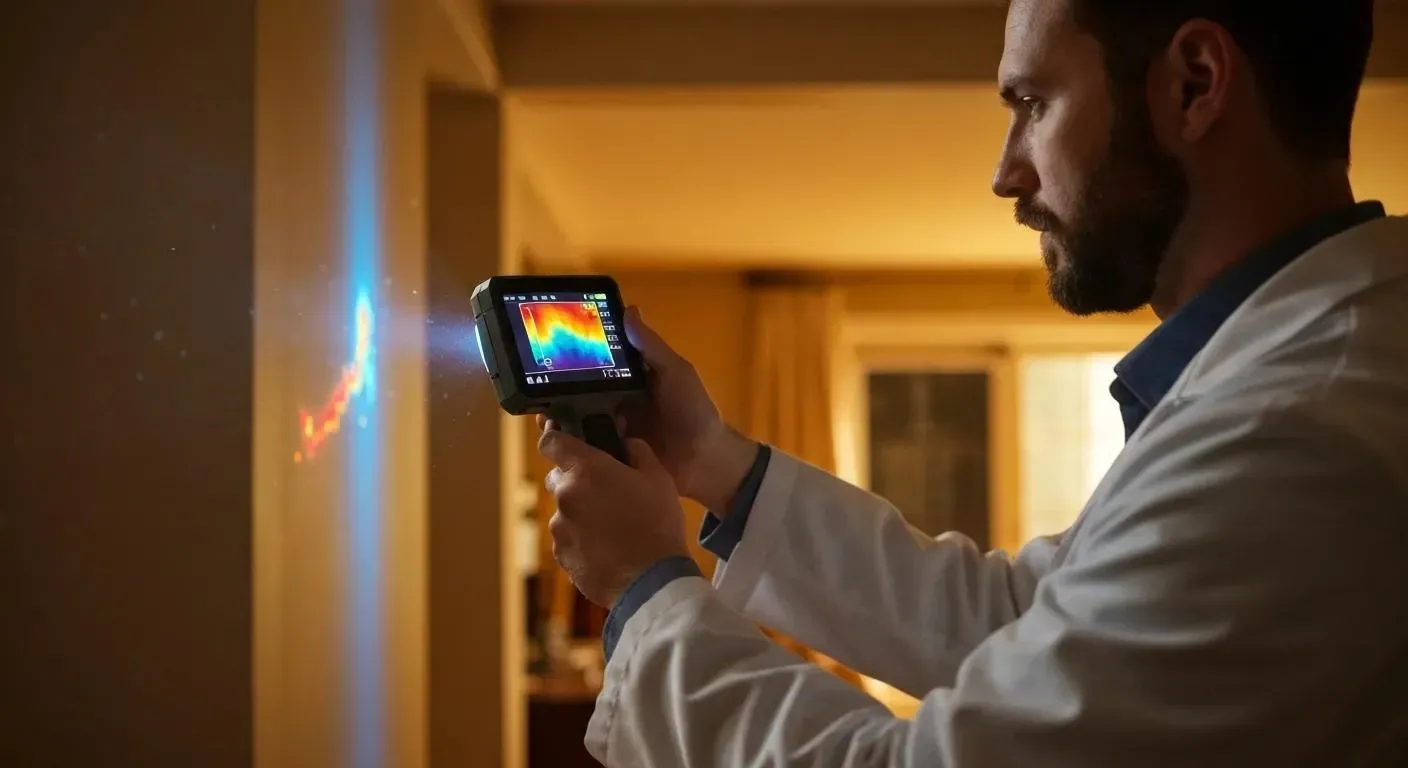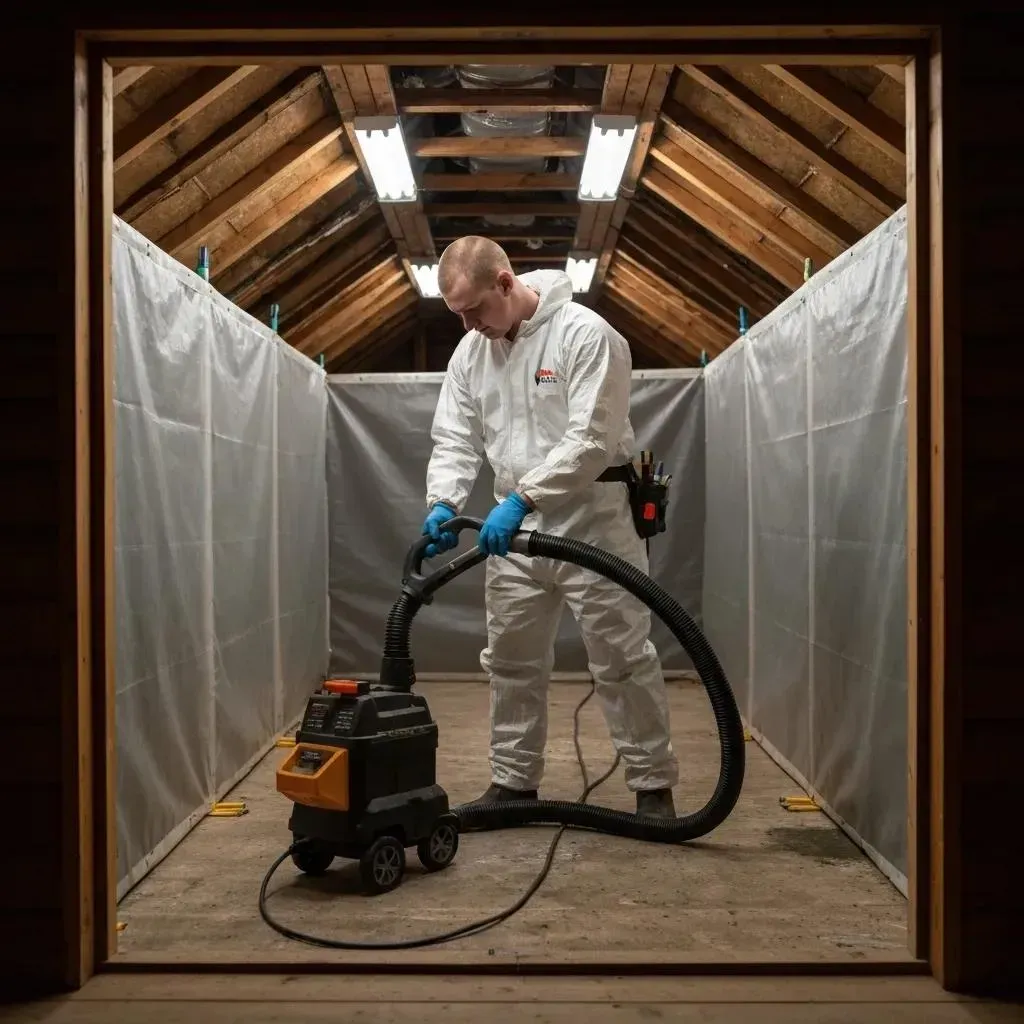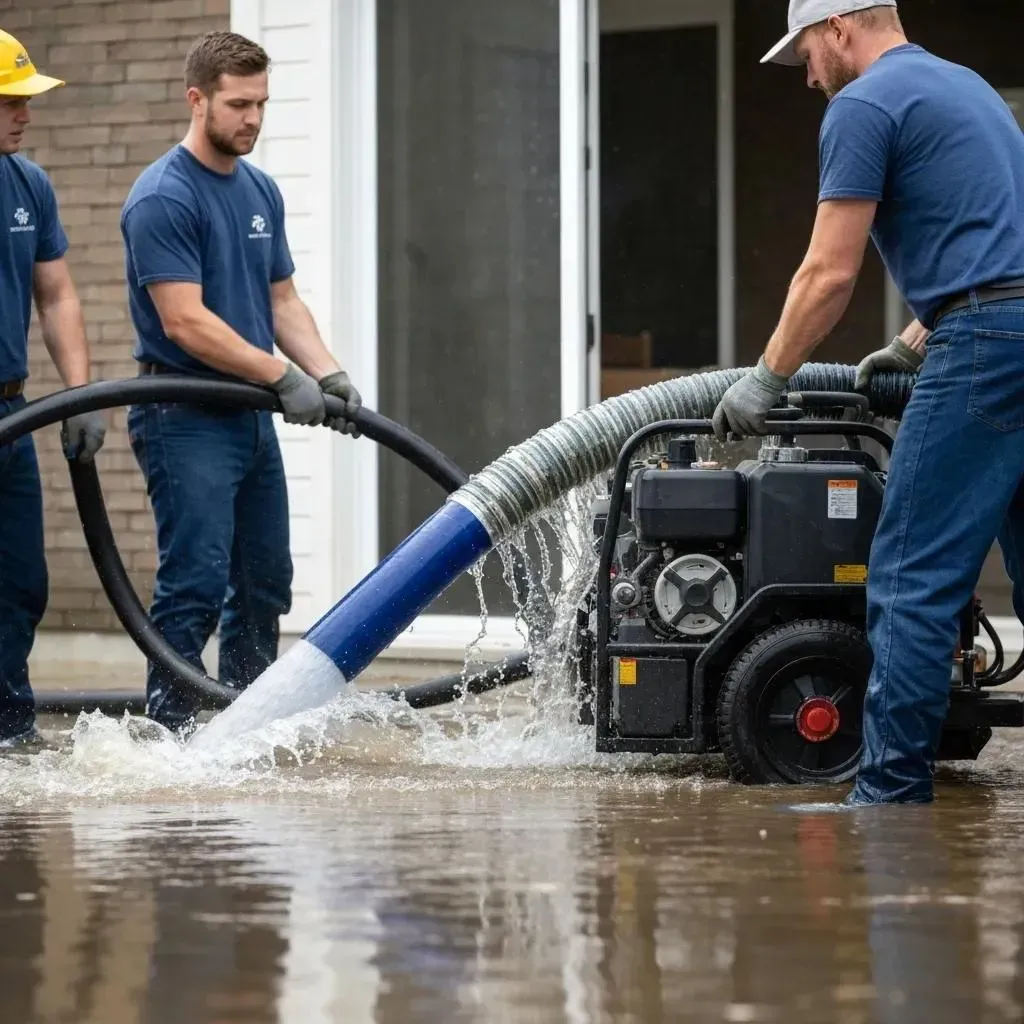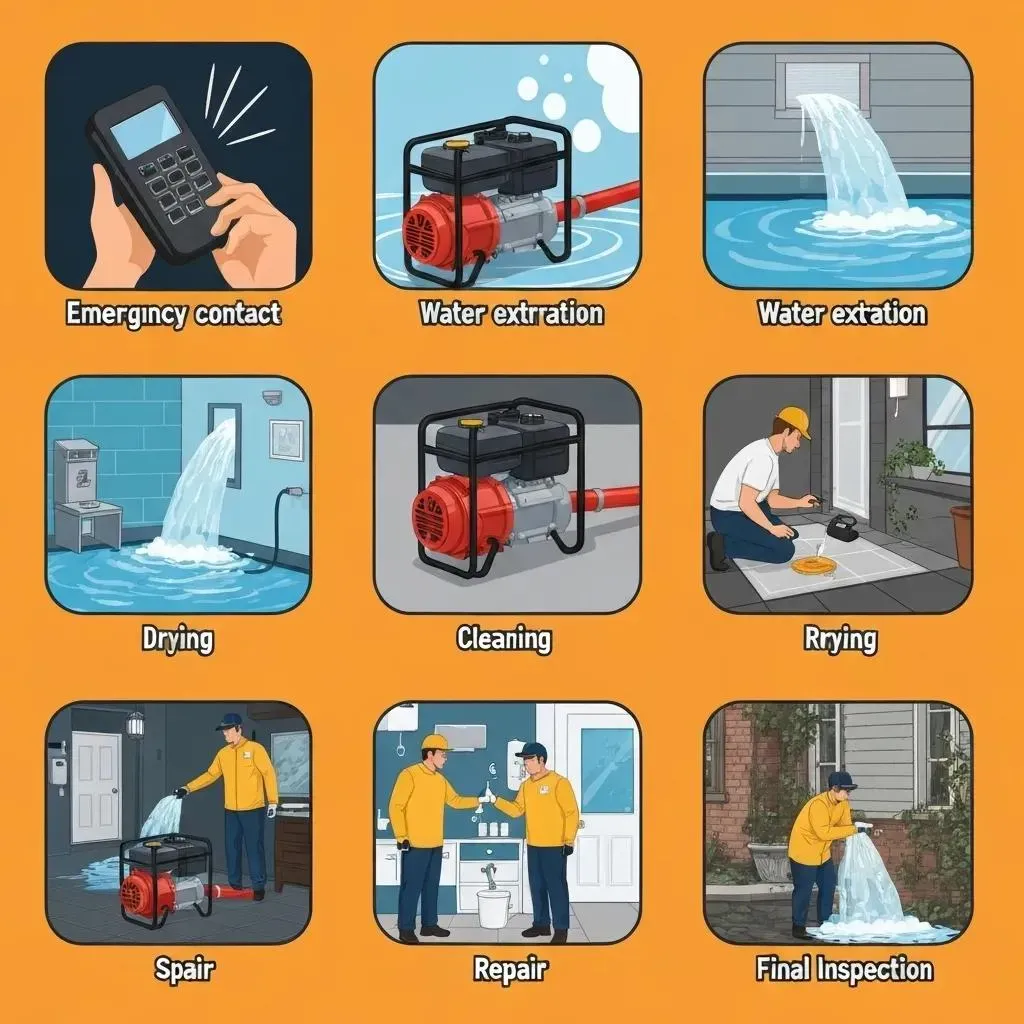Blog
How Water Damage Creates Unseen Mold Risks
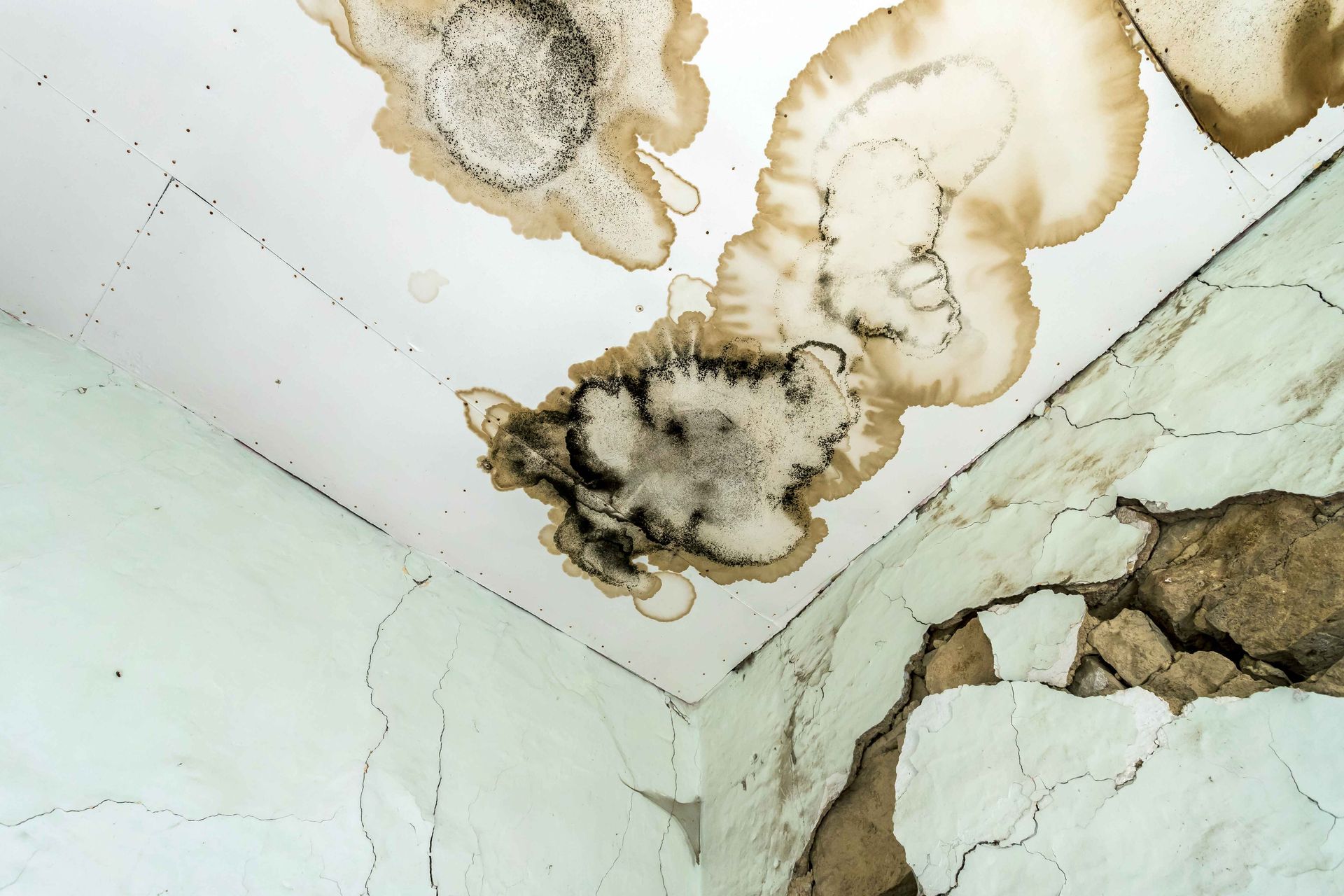
Water damage is a nightmare for homeowners, but its consequences often extend far beyond what meets the eye. One of the most serious, yet unseen, risks associated with water damage is the potential for mold growth. Mold thrives in damp and poorly ventilated environments, making homes affected by water damage the perfect breeding ground.
Understanding mold growth from water damage and how to address it promptly can save you from costly repairs and health risks. For residents of Denver, Colorado, where seasonal weather fluctuations can exacerbate water issues, being proactive is essential for keeping mold at bay.
The Connection Between Water Damage and Mold Growth
Mold growth begins when moisture seeps into building materials and remains unchecked. Within just 24-48 hours, mold spores can start to colonize, making timely action critical.
How Water Damage Leads to Mold
Water damage creates the ideal conditions for mold growth by introducing moisture into areas that are typically dry. Materials like drywall, wood, and carpeting absorb water, creating dark, damp spaces where mold spores can thrive. In Denver, rapid snowmelt or heavy rainstorms can lead to leaks and flooding, making homes especially vulnerable to water damage and subsequent mold growth.
The Hidden Nature of Mold
Mold often grows in unseen places, such as behind walls, under floors, or in ceilings. Because it’s hidden, it can spread extensively before being detected. Homeowners in Denver may not realize there’s a problem until they notice musty odors, discoloration, or health symptoms caused by mold exposure.
Signs of Mold Growth From Water Damage
Identifying mold early is key to preventing it from spreading and causing more significant damage. Watch for these common signs if your home has experienced water damage:
Musty Odors
A persistent, earthy smell is often the first sign of mold growth. If your home in Denver has recently experienced water damage and you notice unusual odors, it’s a clear warning to investigate further.
Visible Discoloration
Mold can appear as black, green, or white spots on walls, ceilings, or flooring. In areas like basements or attics, which are common in Denver homes, discoloration may indicate moisture issues and mold development.
Health Symptoms
Exposure to mold can cause respiratory problems, allergic reactions, and skin irritation. If you or your family members experience unexplained health issues, it’s worth inspecting your home for mold.
Why Mold From Water Damage is Dangerous
Mold growth doesn’t just affect the structural integrity of your home; it also poses serious health risks. Understanding these dangers highlights why addressing water damage promptly is so important.
Health Risks
Mold releases spores into the air, which can be inhaled and cause health problems. Common symptoms include coughing, sneezing, wheezing, and itchy eyes. For people with asthma or weakened immune systems, mold exposure can exacerbate symptoms and lead to severe complications.
Structural Damage
Mold weakens the materials it grows on, including wood, drywall, and insulation. Over time, this can compromise your home’s structural integrity, requiring extensive and costly repairs.
Environmental Factors in Denver That Contribute to Mold Growth
Denver’s climate presents unique challenges when it comes to preventing mold. The city experiences rapid temperature changes, heavy snowfall, and periods of high humidity—all of which can contribute to water damage and mold growth.
Snowmelt and Roof Leaks
Denver’s winters often result in heavy snow accumulation, followed by rapid melting as temperatures rise. This can lead to roof leaks and water infiltration, creating perfect conditions for mold growth if not addressed promptly.
Basements and Crawl Spaces
Homes in Denver often feature basements or crawl spaces, which are particularly prone to moisture buildup. Poor ventilation and water seepage in these areas can accelerate mold development, especially after heavy rains or snowmelt.
Preventing Mold Growth From Water Damage
Taking preventive measures can help you avoid the costly and hazardous consequences of mold growth. Here are some steps you can take to protect your home:
Address Water Damage Immediately
The faster you act after water damage, the lower your risk of mold growth. Remove standing water, dry affected areas, and repair leaks as soon as possible. For Denver homeowners, this means keeping an eye on potential trouble spots during seasonal weather changes.
Improve Ventilation
Ensure your home has adequate ventilation, especially in areas like bathrooms, kitchens, and basements. Use dehumidifiers to reduce indoor humidity levels, particularly during Denver’s humid summer months.
Regular Inspections
Schedule regular home inspections to check for signs of water damage or mold. In Denver, it’s a good idea to inspect your roof, gutters, and foundation annually to prevent water infiltration.
How to Address Mold Growth From Water Damage
If you suspect mold growth in your home, taking immediate action is essential to minimize damage and protect your family’s health. Here’s what you need to do:
Identify the Source
The first step is to locate and fix the source of moisture. Whether it’s a roof leak, burst pipe, or flooding, stopping the water intrusion is critical to preventing further mold growth.
Remove Affected Materials
Porous materials like drywall, carpeting, and insulation that have been contaminated by mold may need to be removed and replaced. This ensures that mold doesn’t continue to spread.
Hire Professionals
Professional mold remediation services have the expertise and equipment to safely remove mold and restore your home. They can also identify hidden mold that may not be visible to the naked eye.
How Can Accountable Home Services Help You
At Accountable Home Services, we specialize in addressing mold growth from water damage to ensure your home remains safe and healthy. Our team in Denver, Colorado, understands the unique environmental challenges homeowners face and provides tailored solutions to tackle mold and water damage effectively.
Visit us at
1347 E 73rd Ave, Denver, CO 80229, or
call us at
(720) 620-3272 to schedule an inspection today. Let Accountable Home Services help you protect your property and your family’s health with our expert water damage restoration and mold remediation services.

